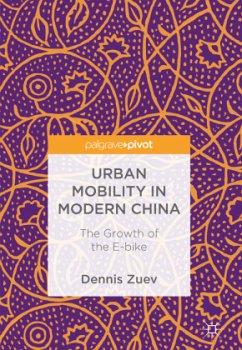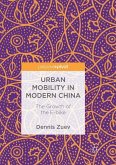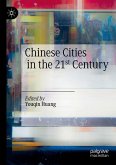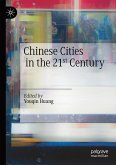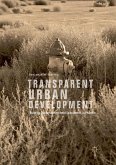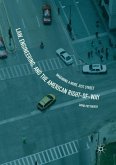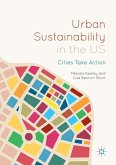This book is an empirically rich case-study of what is currently the most popular alternative-fuel vehicle in the history of motorization - the electric two-wheeler (e-bike). The book provides sociological insights into e-bike mobility in China and discusses politics, social practices and larger issues of mobility transition in urban China.
Taking an accessible approach to the subject, the book identifies the main sociospatial conflicts regarding the use of e-bikes and discusses why electric two-wheeler mobility is important for the future of urban China and urban transportation globally. This book will be an invaluable read for urban geographers and transportation researchers, but also for academics and general readers interested in Chinese Studies, specifically in the area of urban mobility in China.
Taking an accessible approach to the subject, the book identifies the main sociospatial conflicts regarding the use of e-bikes and discusses why electric two-wheeler mobility is important for the future of urban China and urban transportation globally. This book will be an invaluable read for urban geographers and transportation researchers, but also for academics and general readers interested in Chinese Studies, specifically in the area of urban mobility in China.
"Urban mobility in modern China is informative about a subject that is under-researched and provides a good overview of the complexity of the Chinese case. The willingness to understand the urban, economic, and political contexts behind E2Ws' uses is a strength of Zuev's book. ... this volume is a unique introduction to E2Ws' mobility within the contexts of rapid urbanization and social change." (Nathalie Ortar, Journal of the Royal Anthropological Institute, Vol. 26 (4), 2020)

